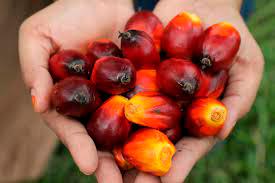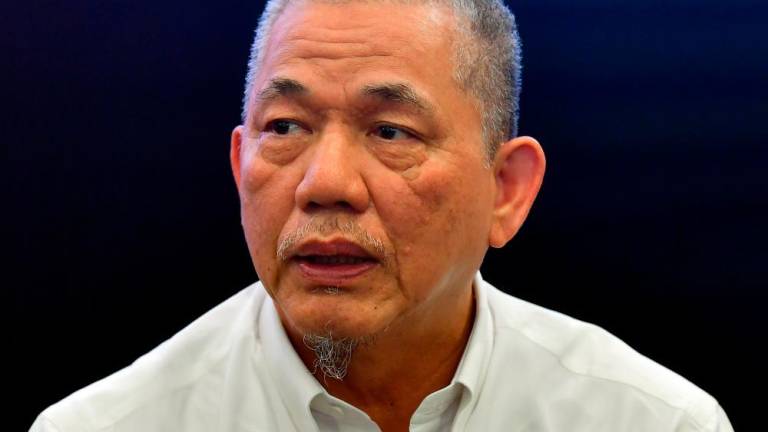PETALING JAYA: The introduction of the East Malaysia Crude Palm Oil Futures (Fepo) by Bursa Malaysia Derivatives Bhd is timely as it can take advantage of the increase in demand from China’s importers given the strategic location for exports to East Asia, according to the Malaysian Palm Oil Council.
Its Shanghai representative office regional manager, Desmond Ng, pointed out that China’s demand for oils and fats has been growing steadily to reach a range of 500,000 to 1 million tonnes a year despite a slowdown in population growth, offset by rising living standards which leads to a higher consumer demand.
He sees an opportunity for crude palm oil (CPO) to edge out its biggest competitor, soyoil, in China, due to policy developments pursued by the Chinese government.
“China’s trade dispute and the African swine fever outbreak have led to a push towards more organised farms by the government,” said Ng at a virtual panel discussion to mark the launch of BMD’s latest palm oil futures, yesterday.
He elaborated that this will lead to closure of small and medium livestock farms which do not rely on the efficient commercial compound animal feed but their own mixed feed available to them.
“The increased efficiency from the change in feed used as these smaller farms scale up will translate to a slower growth in soyoil in tandem with soymeal demand.”
In addition, Ng highlighted that demand for CPO’s competitors will be further curbed as indicated by the technical blueprint for reduction and substitution of corn and soy meal inclusion in swine, layer hen and broiler feed released in April. The blueprint signals China’s intention to diversify its reliance on corn and soy meal imports.
Overall, these policies are expected to stem soyoil output growth given its ties to the livestock industry through the use of soymeal as a feed. As a result he foresees a steady increase in demand for palm oil imports.
“The increased demand is expected to spur the republic’s purchase of CPO from East Malaysia as well as the use of Fepo by China’s importers to hedge against price fluctuation.”
UOB Kay Hian Securities’ Asean plantation research director, Leow Huey Chuen, sees good prospects for Sabah and Sarawak in the coming years given the higher proportion of mature trees in the high yielding eight- to 15-year-old bracket. She pointed out this is complemented by the list of infrastructure improvements which is essential to accommodate the higher volume of fresh fruit bunches and CPO production from East Malaysia.
“Not to forget the ongoing Pan Borneo Highway and the continued improvement of port facilities in Bintulu, Sandakan and Lahad Datu that will help sustain the growth for East Malaysia.”
Nonetheless, the palm oil plantation in Sabah and Sarawak will not escape the challenges faced by the industry.
CGS-CIMB Securities’ regional head of agribusiness and head of Malaysia research, Ivy Ng, pointed out that one of the most recent factors is due to the labour shortage, following the government’s ban on the intake of foreign workers in March last year.
“The industry is heavily dependent on foreign workers, hence the acute labour shortage situation in Malaysia that has affected productivity and CPO yield. In addition, there is the usual issue of adverse weather risks, such as El Nino and La Lina.”
At the moment the government is contemplating allowing foreign workers to come in to resolve the labour shortage issues, she said.
Apart from that, planters have to contend with the rising estate costs due to an increase in minimum wage, a new multi-tier foreign worker levy laid out in the 12th Malaysia Plan, windfall tax as well as a rising compliance costs from higher environment social governance standards.
She also stated that the oil palm industry will have to contend with the negative perception of palm oil which culminated in the Withhold Release Order issued by the US Customs and Border Protection on Sime Darby Plantations Bhd and FGV Holdings Bhd last year.
“On this matter, we do not foresee a reversal of the order until next year.”
For 2021, the research head has forecast the CPO price to average at RM3,700 a tonne and subsequently moderate to RM2,900 next year. UOB-Kay Hian has projected the CPO price to range between RM3,500 and RM3,800 in 2022.










